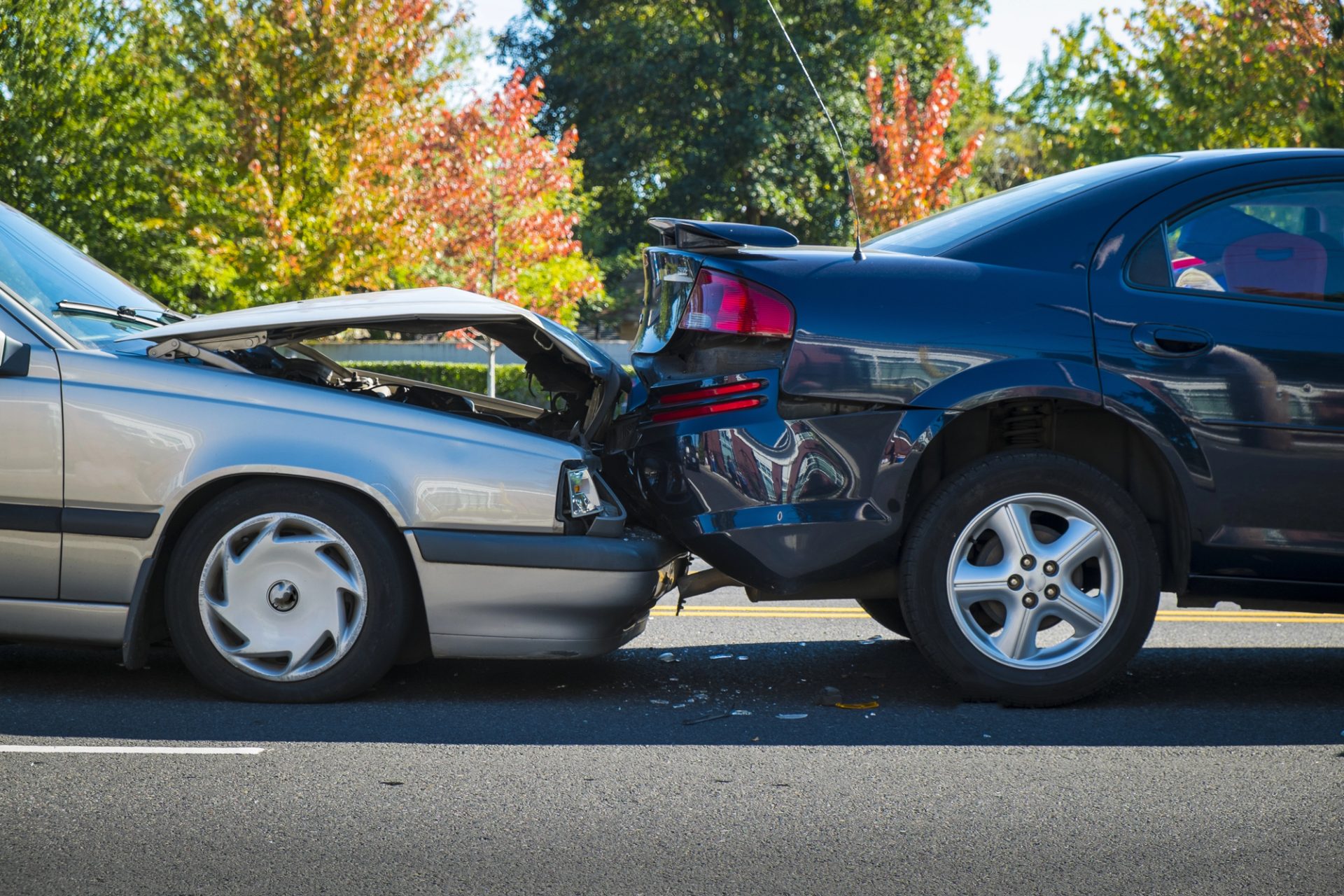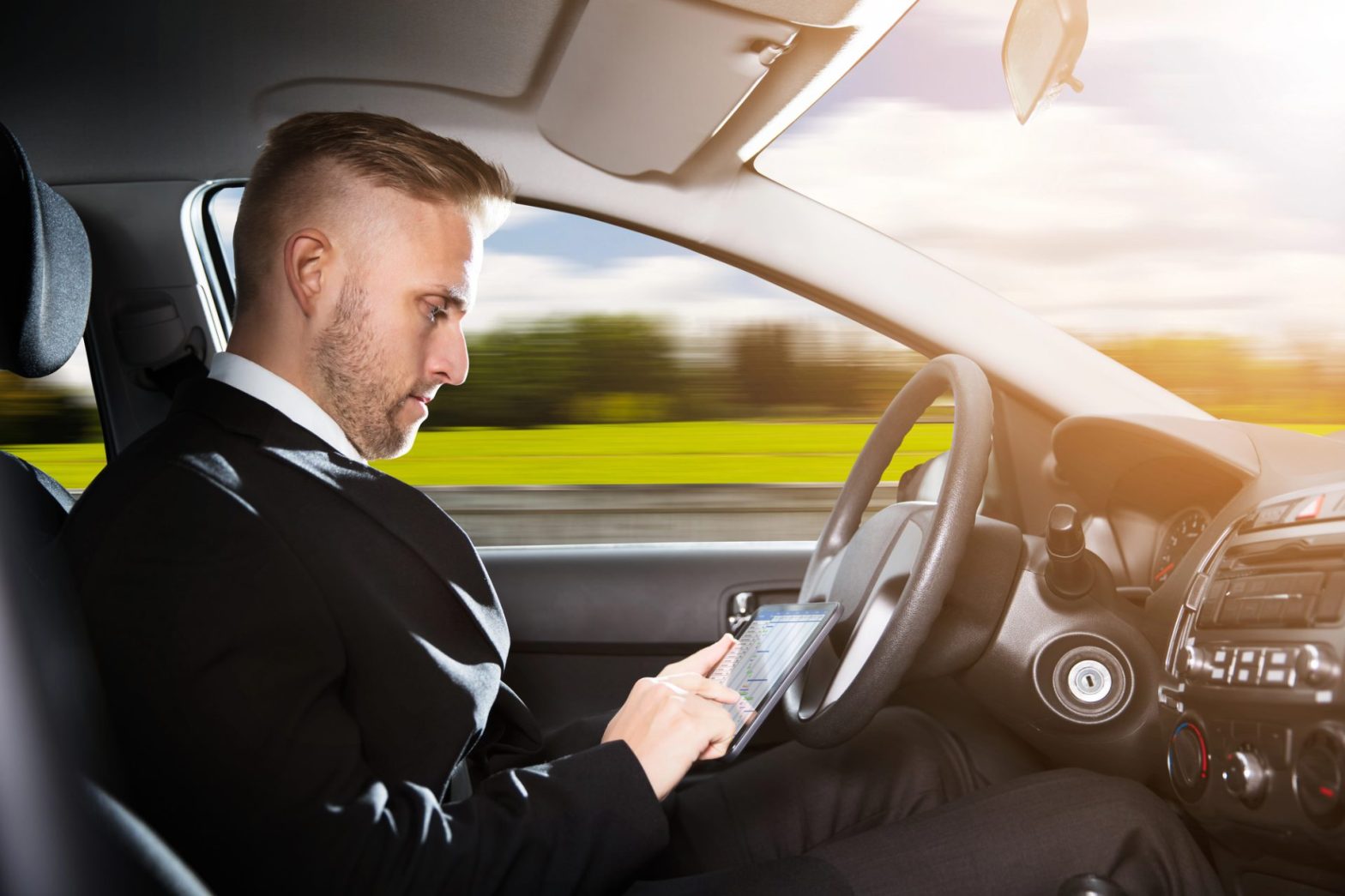Several self-driving or autonomous cars incorporate different partially automated features like lane-keeping assistance, adaptive cruise control, autonomous emergency braking, and self-parking. Experts predict that completely autonomous or driverless cars will hit the market in the next four to five years. However, given that the cars available as of now are not completely autonomous yet and require some form of driver intervention, how does liability in self-driving car accidents work?
What Numbers Say
Data collated by the National Association of Insurance Commissioners (NAIC) indicates that the U.S. will be home to around 4.5 million self-driving vehicles by 2030. In addition, if the prediction is right, 75% of the cars globally will be autonomous by 2040. While this is good news on different fronts, safety still remains a concern because autonomous vehicles have significantly higher crash rates than completely manually operated ones.
According to numbers put together by Statista, self-driving vehicles in California have a crash rate of 96.65 per 1,000 vehicles and 26.32 per million vehicle miles. On the other hand, the overall rate of crash rate in the state is 5.95 per 1,000 vehicles and 0.69 per million vehicle miles. Across the U.S., the numbers stand at 20.93 per 1,000 vehicles and 1.86 per million vehicle miles. No corresponding numbers are available for New York as of now.
It’s not always easy to determine if a faulty system is the main cause of an accident or if the driver is to blame. Besides, dealing with the aftermath of self-driving vehicle accidents can be challenging because different intricacies are usually at play.
Who Is Liable in a Self-Driving Car Accident?
As per the Society of Automotive Engineers (SAE), there are six levels of automated vehicles, ranging from Level 0 (no automation) to Level 5 (full automation). Most vehicles currently on the road operate at Level 2 or 3. This is important to know because the level of automation might have a bearing on whom to hold liable.
Pinning liability in a driverless car accident can become even more challenging because multiple manufacturers and companies are usually involved in building autonomous vehicles. For example, the software a self-driving car uses might come from a company other than the car’s manufacturer. So, how does liability in autonomous vehicle accidents work and who can you file a claim against if a self-driving car hits you?
Manufacturers
It might be possible to hold the manufacturer of a self-driving car liable for an accident if it fails to address an inherent or apparent problem/defect. These could come in the form of sensor limitations, braking failure, and software glitches.
Software Companies
If software malfunction leads to a self-driving car accident, it might be possible to hold the company that created it liable.
Testing Companies
Self-driving vehicles, like all other vehicles, need to pass extensive tests before they become roadworthy. Testing companies need to comply with regulations set by government agencies like the National Highway Traffic Safety Administration (NHTSA) and adhere to different industry standards. Failure to do so or ignoring potential problems can make them accountable in case of an accident.

Regulatory Agencies
Not all jurisdictions across the U.S. have their own laws surrounding the testing and use of self-driving vehicles. While some states have enacted specific legislation to address autonomous vehicles, others rely on existing laws. If you feel your accident occurred because of the lack of autonomous vehicle accident laws, you might be in a position to file a claim against the relevant regulatory agency.
Drivers of Autonomous Vehicles
Is the owner liable if a self-driving car is involved in an accident? Liability in self-driving car accidents can rest on vehicle owners if they have been negligent in their actions. This can be the case if a self-driving car is at Level 2 and its driver does use the manual override feature despite receiving fair warning from the car. However, when cars get to Level 5, holding drivers liable might become rather challenging because they may have little control over their cars’ functioning.
Drivers of self-driving cars might be liable for accidents if they engage in unsafe behavior behind the wheel. This is because the law requires them to remain alert and be ready to take control of their vehicles should the need arise. In addition, self-driving vehicles, much like all other types, need regular maintenance, and failure to keep a self-driving vehicle in good shape can make its owner liable for an accident that results owing to this negligence.
The Impact on Insurance
When the industry moves toward getting Level 5 vehicles on the road, one can expect self-driving vehicle insurance to focus more on manufacturer liability than personal liability. Consider this – in case of a regular car accident, the cause is typically human error, and it’s possible to file a personal injury claim by proving negligence on part of the other car’s driver. However, with a completely autonomous car, or if a car is on autopilot at the time of an accident, holding its driver negligible might not be possible.
When this shift in liability occurs, you may expect some changes in auto insurance too. For example, autonomous car owners may benefit by paying less for comprehensive coverage, but this will be offset by needing to get product liability insurance. Other types of specialized coverage might also enter the picture at some stage.
Conclusion
Liability in autonomous vehicle accidents can depend on several factors, and while it might be possible to file a claim against the automobile manufacturer, other parties like the vehicle’s driver, software company, and testing company can also be at fault. If an accident involves multiple vehicles, the driver of another automobile might be liable. Liability can also shift to pedestrians if they cause autonomous vehicle accidents.
Given that autonomous vehicle accidents can be tricky to deal with, partnering with a law firm that has self-driving car accident attorneys might be in your best interest. This is because your attorney will know just what factors to consider in building a strong case and increasing the odds of success.

